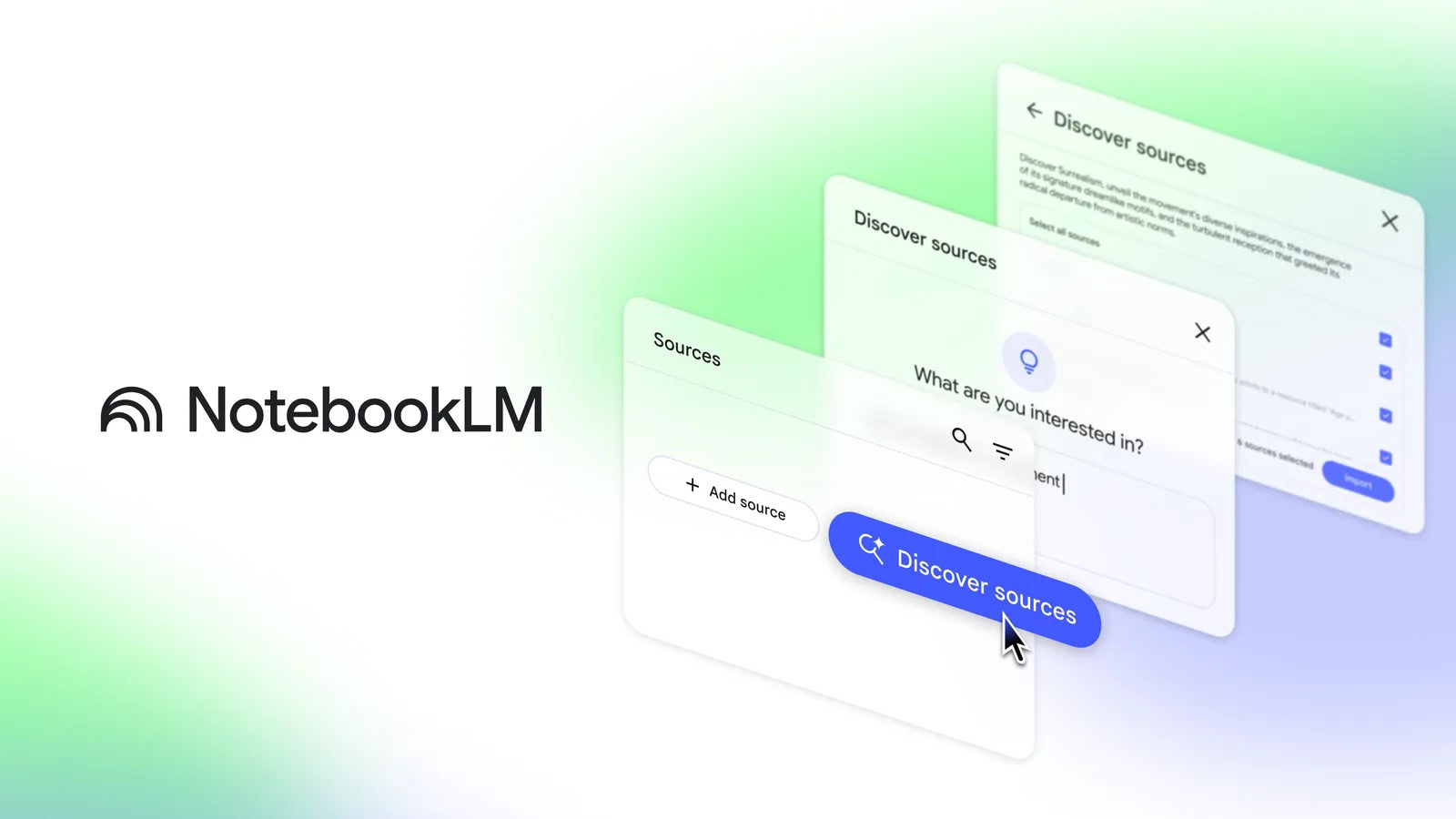What Are Legal Considerations When Booking Vacation Rentals Abroad?
Ensure a hassle-free stay by knowing rental laws abroad. From contracts to taxes, avoid legal pitfalls. Search "Myrtle Beach vacation rentals near me" and book safely!
Have you ever wondered what could happen when renting a vacation home in another country? Imagine arriving at your dream spot only to find out the rental doesn't exist or there's a surprise rule you didn't know about. Frustrating, right? Laws around vacation rentals vary, and one wrong move could turn your getaway into a legal mess.
This blog breaks down the legal considerations before booking that perfect rental abroad. We'll cover everything from contracts and permits to taxes and refund policies. By the end, you'll be ready to book your stay, knowing your rights and responsibilities confidently. So, let's dive in and ensure your next Myrtle Beach vacation rentals near me search ends in a smooth, stress-free experience.
Know the Local Laws Before Searching "Myrtle Beach Vacation Rentals Near Me"
Vacation rentals are governed differently in every nation. Some require homes to have certain licenses, while others don't allow short-term stays. If you book an unregistered rental, you might have to leave quickly.
Find out what the rules are in the area before you make a reservation. Travel blogs and official websites sometimes have information about the rules for short-term rentals. While some areas restrict the guest count, others collect tourist tariffs.
Demand assistance. Inquire of the host whether their property complies with local regulations. Avoiding a response raises danger flags. Maintaining knowledge helps you prevent legal conflict or last-minute cancellations.
Expert Insight: According to Mark Reynolds, a property law specialist, "Many travelers assume all rentals are legal, but failing to check local rules can lead to unexpected fines or even eviction."
Contracts Matter More Than You Think
Would you enter into a contract without reading it? Many customers book vacation houses doing this. Ignoring the specifics, meanwhile, can result in unanticipated costs, rigid cancellation rules, or other surprises.
Before booking, go through the rental agreement carefully. Look out for:
-
Payment Terms: Are deposits required? What are the refund policies?
-
House Rules: Some properties have rules on visitors, smoking, or using appliances.
-
Liability Clauses: If something breaks, who pays? Some hosts charge guests for all damages, even accidental ones.
If anything seems unclear, ask questions before you confirm the booking. A good rental contract protects both you and the owner.
Verify the Legitimacy of the Listing
Online rental scams are real. Some listings are fake, tricking travelers into paying for properties that don't exist.
To protect yourself:
-
Book Through Trusted Platforms: Airbnb, Vrbo, and other major sites verify hosts.
-
Check Reviews: A listing with no reviews or vague feedback should raise concerns.
-
Use Reverse Image Search: Upload listing photos to see if they appear on multiple sites under different names.
-
Contact the Host: A real host should respond quickly and answer all your questions.
If a deal looks too good to be true, it probably is.
The Federal Trade Commission (FTC) has warned consumers about vacation rental scams, emphasizing that scammers are ready with fake vacation rental ads to take your money and leave you nowhere to stay.
Understand Your Rights in Case of a Dispute
What should you do if your rental is different from what was listed? It could be smaller, dirtier, or in a different place. It's easier to get your money back when you know your rights.
Many rental sites have rules to protect guests, but booking directly with a host may limit your options. Before making a reservation, investigate:
-
Refund Policies: Can you get a refund if the rental isn't as described?
-
Chargeback Options: If you pay by credit card, can you dispute the charge?
-
Local Consumer Laws: Some countries protect renters, while others leave issues to guests and hosts.
Always keep records of all conversations with the host. Screenshots and emails can be useful if problems arise.
Expert Insight: Travel attorney Sarah Benson advises, "If a rental isn't as advertised, document everything immediately and contact the booking platform or your credit card provider for support."
Taxes and Extra Fees Can Surprise You
Vacation houses can charge fees on top of their nightly rate. Many nations charge citizens extra fees upon arrival or departure.
Some common extra fees are:
-
Tourist Taxes: Some places charge per person per night.
-
Cleaning Fees: These could be little or almost equal to a night's lodging.
-
Security Deposits: While some hosts call for a refundable deposit, ambiguous policies might lead to conflict.
-
Service Fees: Booking platforms often add service fees, increasing the final cost.
Always check the final price breakdown before booking. That way, you won't be caught off guard.
Rental Insurance Might Be Worth It
Many travelers believe that normal travel insurance covers holiday rentals. Most plans, nevertheless, exclude damage to rental homes. You could be responsible if something breaks—like a window or a door lock.
Consider rental insurance. It can protect you against accidental damage, theft, or unexpected cancellations. Some credit cards also offer rental protection, so check your card's benefits.
Although it's additional, insurance gives peace of mind. A little outlay could help you avoid paying hundreds in unanticipated charges.
Zoning Laws Can Affect Your Stay
Not all areas allow short-term rentals. Some cities have zoning laws restricting vacation rentals, even if you see them listed online. When searching for Beach House vacation rentals near me, check if short-term stays are legal in that area. Common zoning restrictions include:
-
Minimum Stay Requirements: Some cities require guests to stay several nights.
-
Homeowner Association Rules: Condos and gated communities might ban short-term rentals.
-
Noise Restrictions: Some places enforce strict quiet hours, and breaking them could get you evicted.
Zoning laws exist to protect neighborhoods, but they can affect your stay. Check the rules ahead of time to avoid problems.
Payment Methods Can Make or Break Your Booking
Have you ever had someone ask you to pay with cryptocurrency or a cash transfer? Beware. Frauds use risky payment methods that make it difficult to reclaim your money.
Only use safe means of payment:
-
Credit Cards: They offer fraud protection and chargeback options.
-
Reputable Booking Platforms: Sites like Airbnb provide secure payment systems.
-
Avoid Cash Payments: Handing over cash upon arrival leaves you without financial protection.
A secure payment method protects you from scams and protects your money.
The Final Word: Don't Let Legal Issues Ruin Your Getaway
Booking a vacation rental abroad should be exciting, not stressful. On the contrary, neglecting the details of the law may be problematic. It will benefit your journey if you know the region's rules, review contracts, and ensure ads are accurate.
Although they don't look like a lot, taxes, zoning regulations, and renter insurance all play a significant impact. And when Myrtle Beach vacation rentals near me are on your search list, being informed ensures you book confidently.
At Chillax Properties, we ensure every rental follows legal requirements so your stay is safe and stress-free. Whether you're looking for a beachfront cottage or a city escape, we've got you covered!
What's Your Reaction?
 Like
0
Like
0
 Dislike
0
Dislike
0
 Love
0
Love
0
 Funny
0
Funny
0
 Angry
0
Angry
0
 Sad
0
Sad
0
 Wow
0
Wow
0



















































